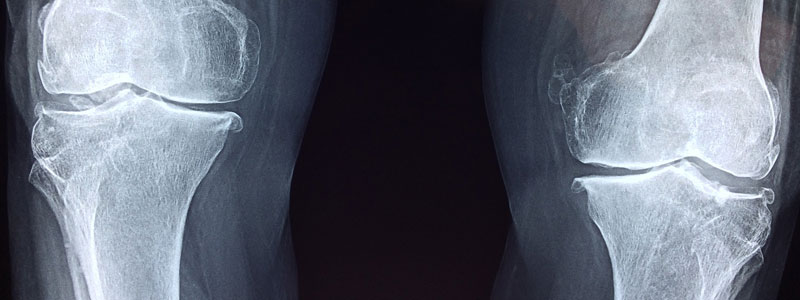DePuy Attune® Knee Replacement Failure

DISCLAIMER: Please consult with your doctor before making any changes to your use of any FDA-approved drug or device.
If you or a loved one underwent knee replacement surgery after December 10, 2010, you may be entitled to compensation.
Approved by the FDA in 2010, the DePuy Attune® knee replacement system was a popular device used in knee replacement surgeries. However, many patients have reported early failure of the DePuy Attune® knee replacement system. What should have lasted them 10 to 20 years has often failed within a couple of years.
What’s the Problem with DePuy Attune® Knee Replacement?

The problem is related to a lack of bonding or a loosening of the tibial baseplate. This is the part of the knee replacement that is supposed to adhere to the bone. If the device doesn’t bond securely to the tibial baseplate, it can create numerous complications that often require painful, invasive revision surgery to correct. In some cases, the damage is irreversible.
It’s not just the failure to bond that’s causing problems. Other issues with the DePuy Attune® knee replacement system include:
- Component(s) worn
- Fracture
- Loss of osseointegration
- Metal shedding debris
How Do I Know If I Have a DePuy Attune® Knee Replacement?

Since the device wasn’t approved by the FDA until 2010, you shouldn’t be at risk unless you had a knee replacement surgery after December 10, 2010.
If you had a knee replacement surgery after December 10, 2010, there is a possibility you may have received a DePuy Attune® knee replacement system. The device was commonly used over the past seven years in hospitals across the nation.
But how do you know if you’re having problems? Common symptoms include:
- Pain
- Tibial loosening
- Disassociation of the insert
- Change in the position of the components
If you’ve had or are planning for revision surgery within just a couple years of receiving your knee replacement, then you may have received a failing DePuy Attune® device.
Recovery time is even longer for revision surgery than your initial surgery, and it accelerates your time of needing more surgeries in the near future.
How Was the DePuy Attune® Knee Replacement Approved in the First Place?

With thousands of patients having problems with DePuy Attune® knee replacement systems, it makes people wonder how such a device was ever approved in the first place.
Like we said earlier, the FDA approved the DePuy Attune® knee replacement system in 2010. However, they went through an approval process that’s likely different than the one you’re imagining.
Around 5 percent of medical devices go through pre-market approval with the FDA. That means they bring their clinical trial data to the FDA and prove that they understand their device’s short-term and long-term effects and that it’s safe to use.
But the other 95 percent of medical devices get approved through a different procedure called the 510(k) process. Instead of showing the FDA their unique data, the manufacturing company only has to prove that their device is basically the same as a device already FDA-approved and already on the market.
The DePuy Attune® knee replacement system was approved through the 510(k) process, not the pre-market process. They convinced the FDA that their product was similar to safe products already on the market.
But it turns out that their product has substantial problems that are putting consumers at risk.
Help from a Product Liability Attorney
If you’re suffering from problems after having a knee replacement surgery after December 10, 2010, you may be a recipient of a faulty DePuy Attune® knee replacement. Hensley Legal Group can help. Our lawyers are prepared to hold DePuy accountable for their failing product that has put thousands of Americans at risk. Call us today or contact us online for a free case review.
DISCLAIMER: Please consult with your doctor before making any changes to your use of any FDA-approved drug or device.